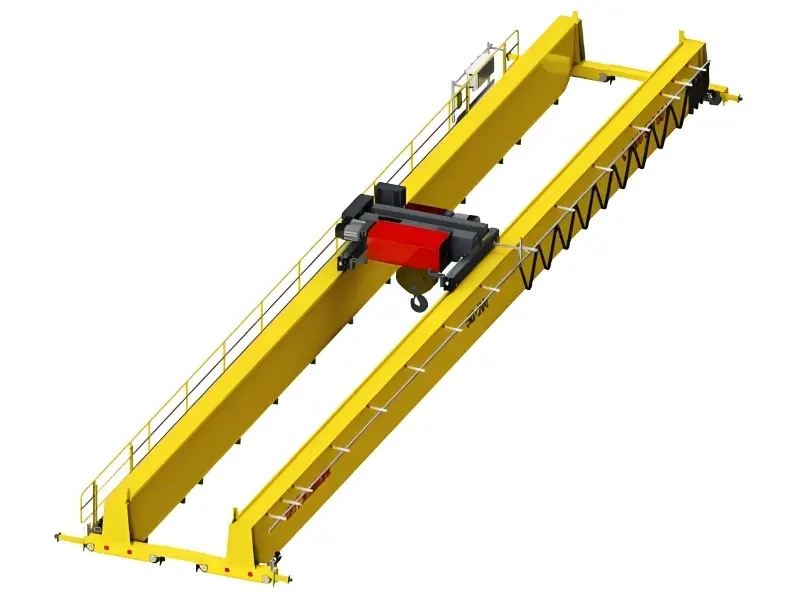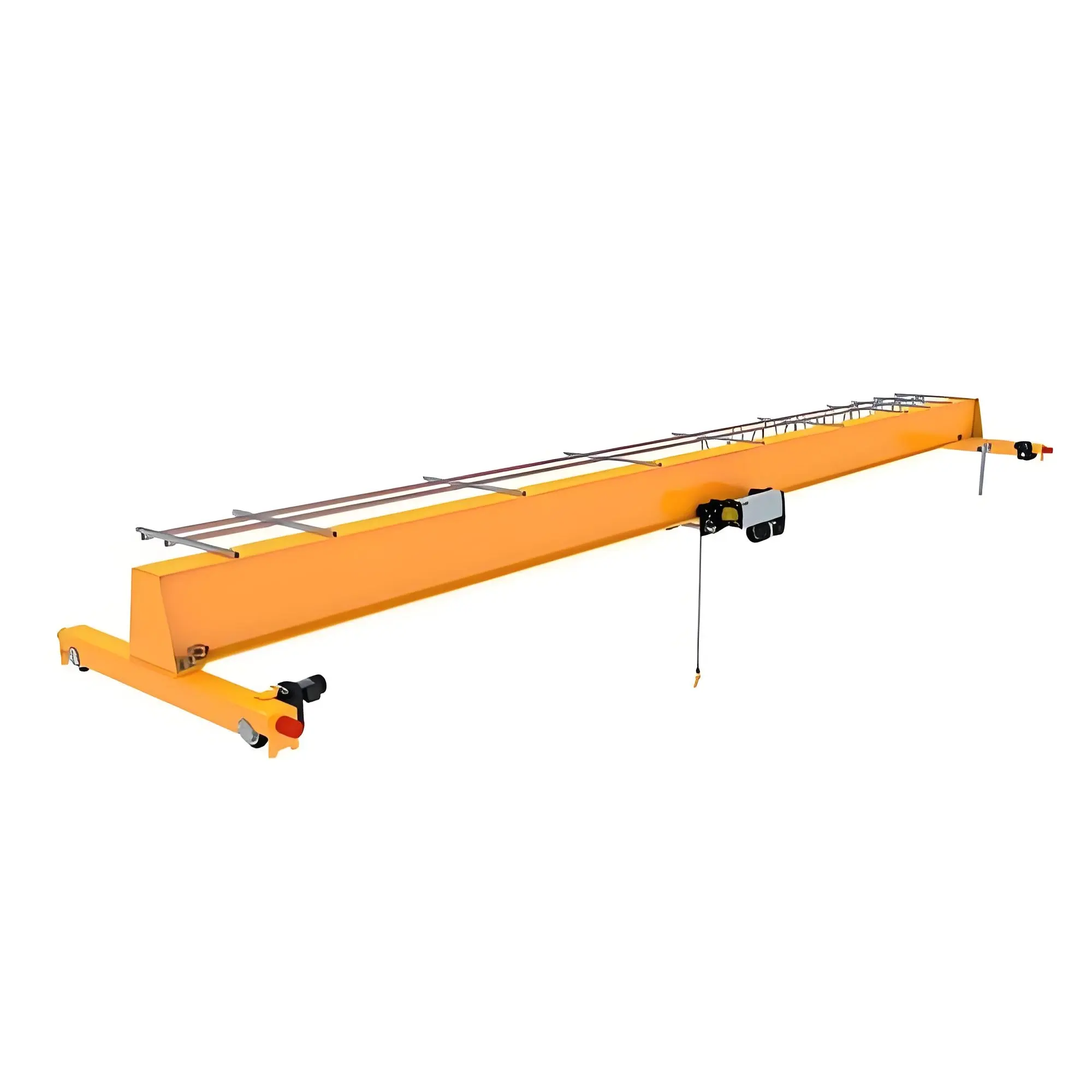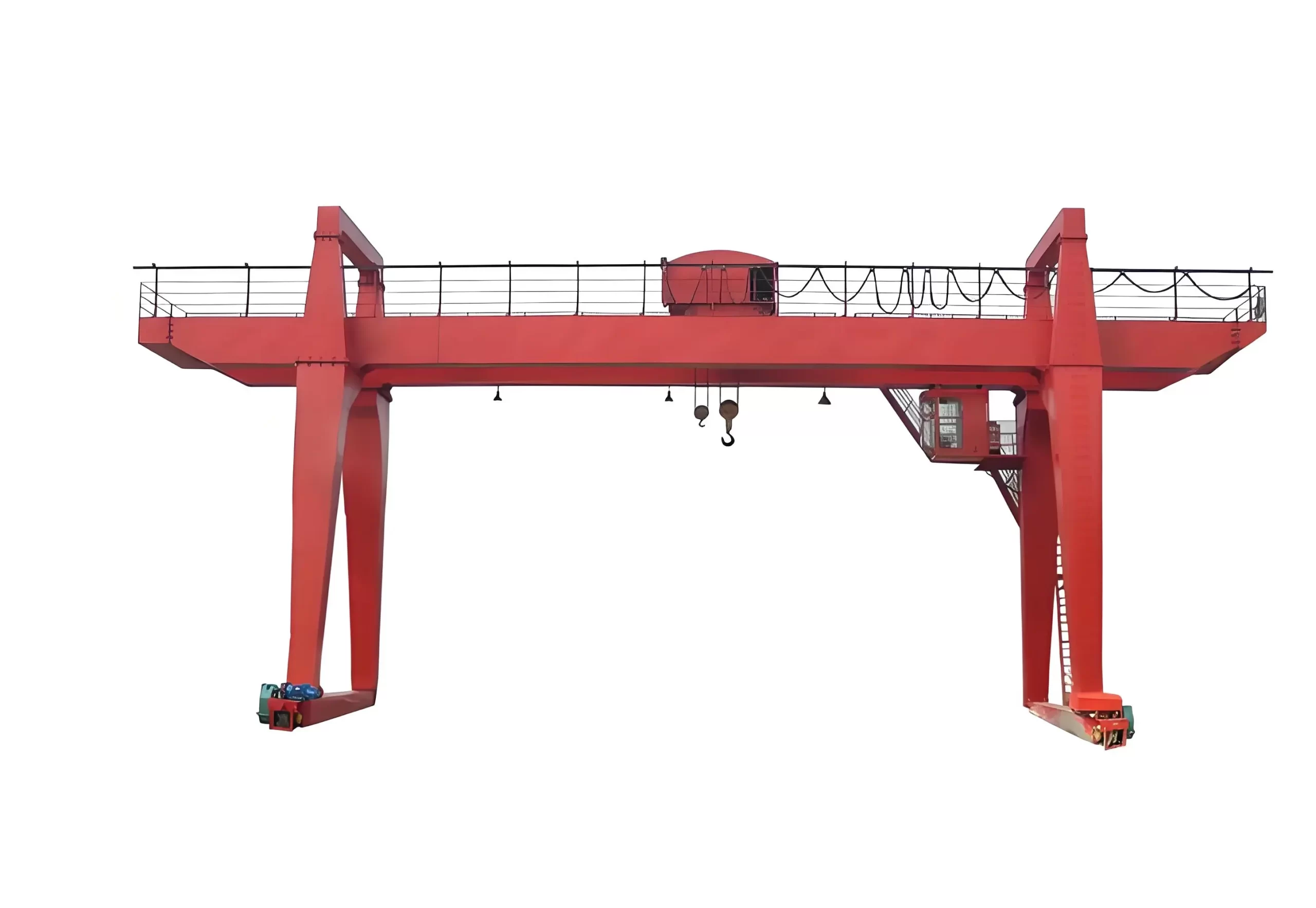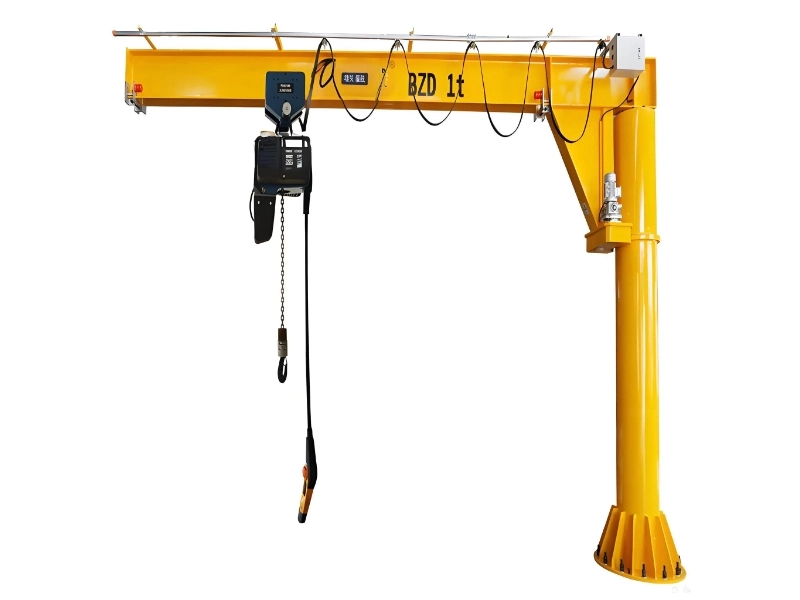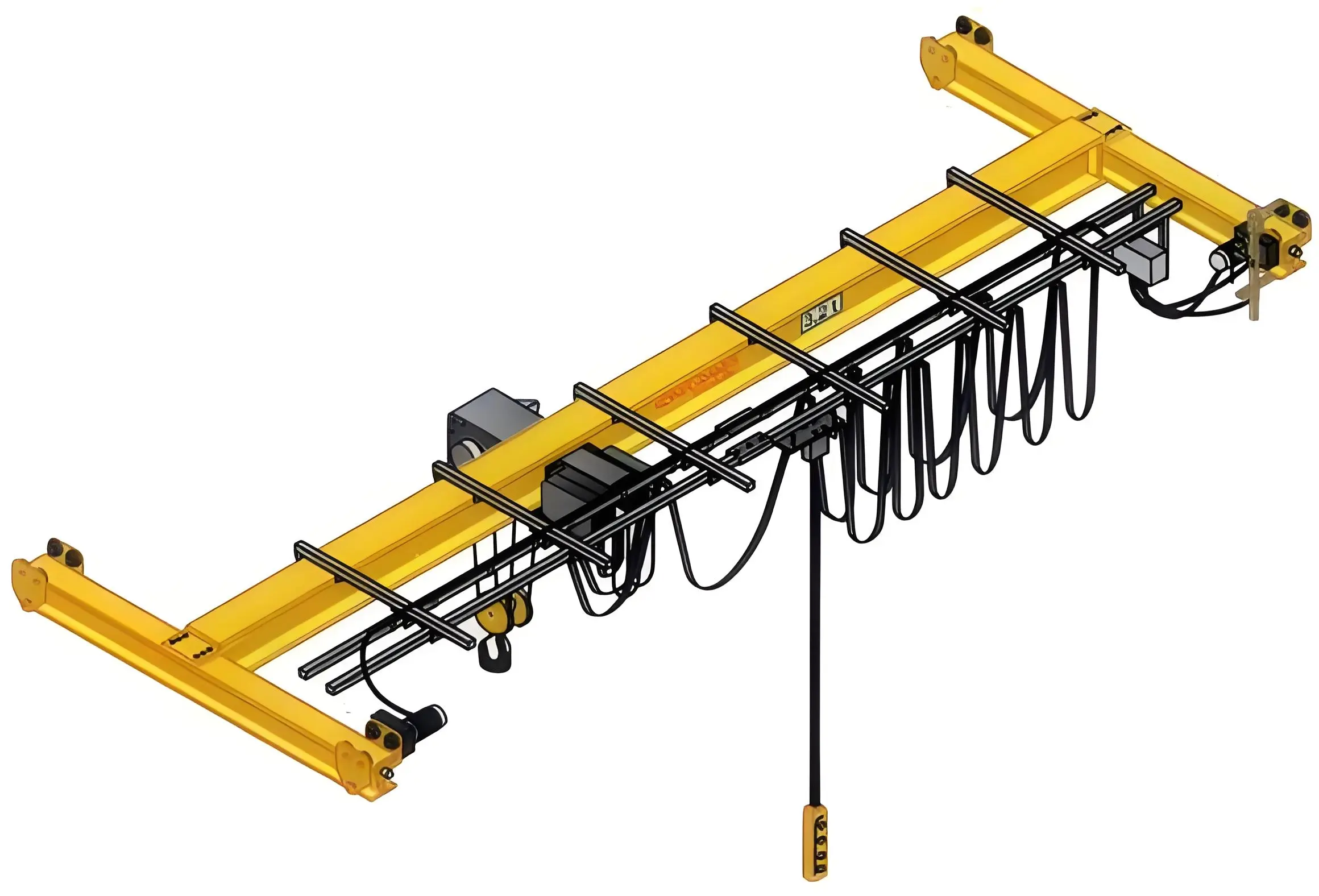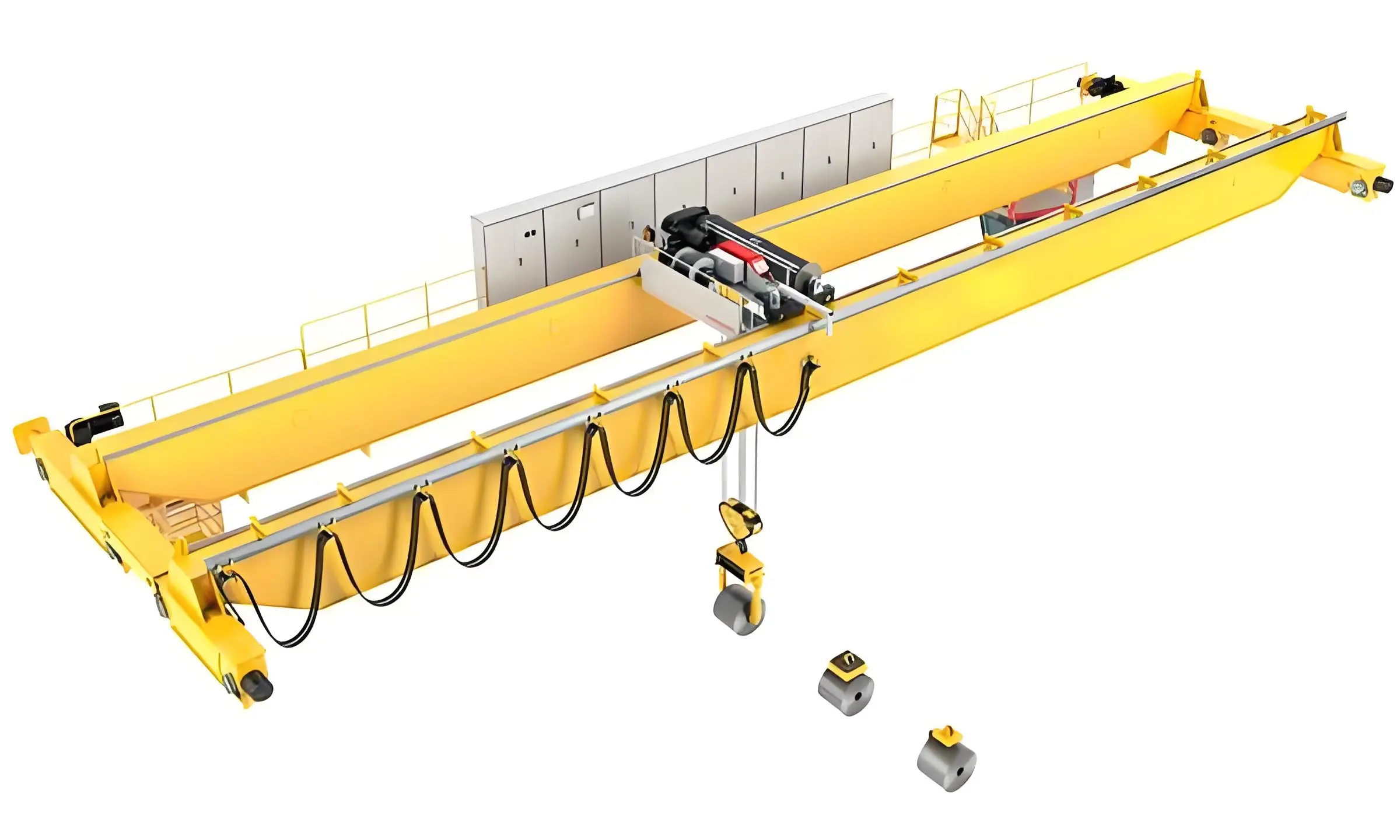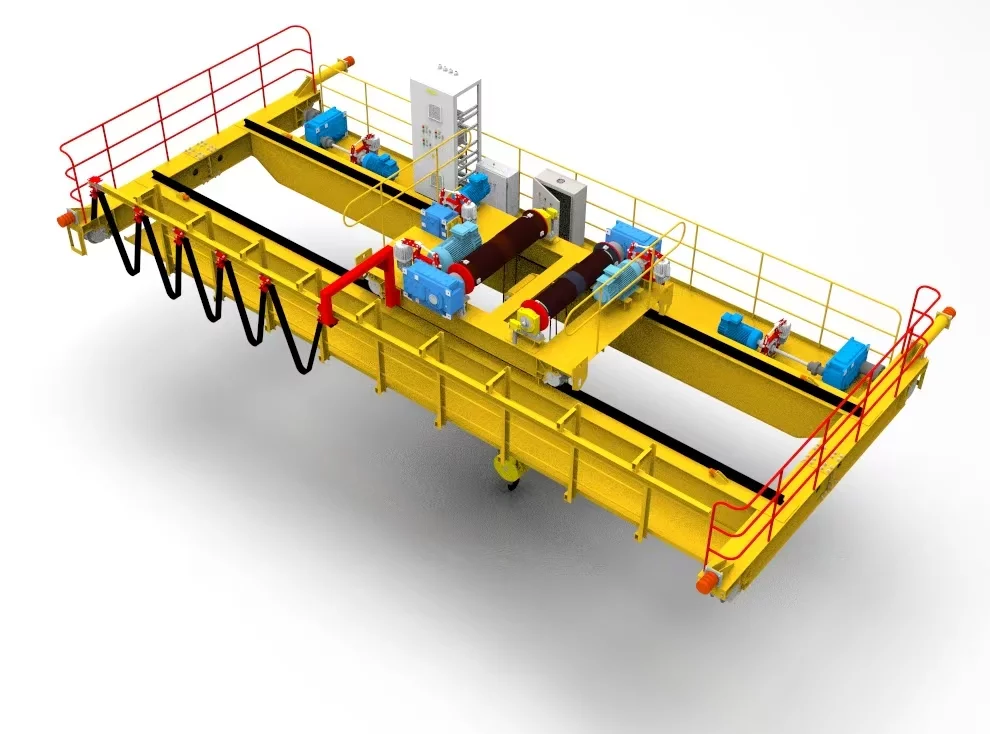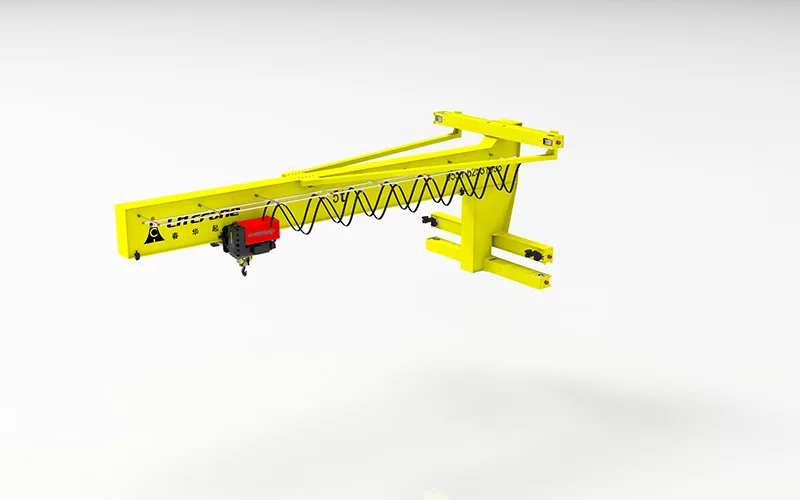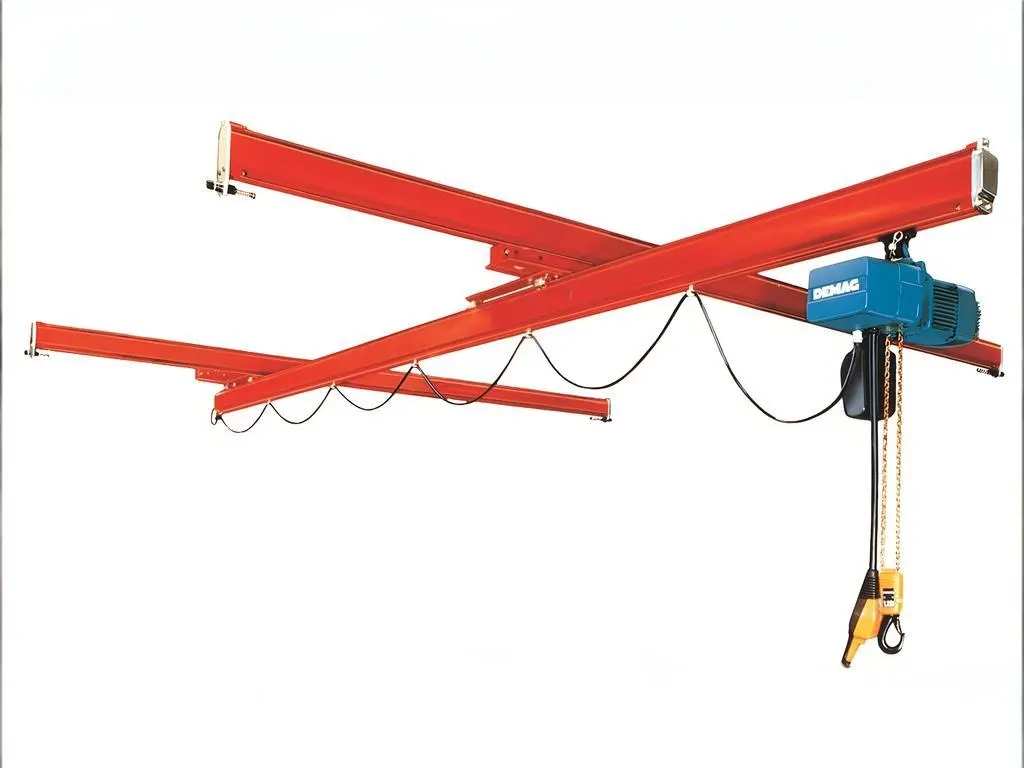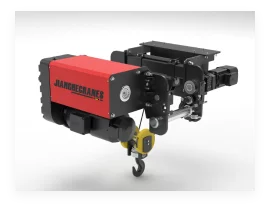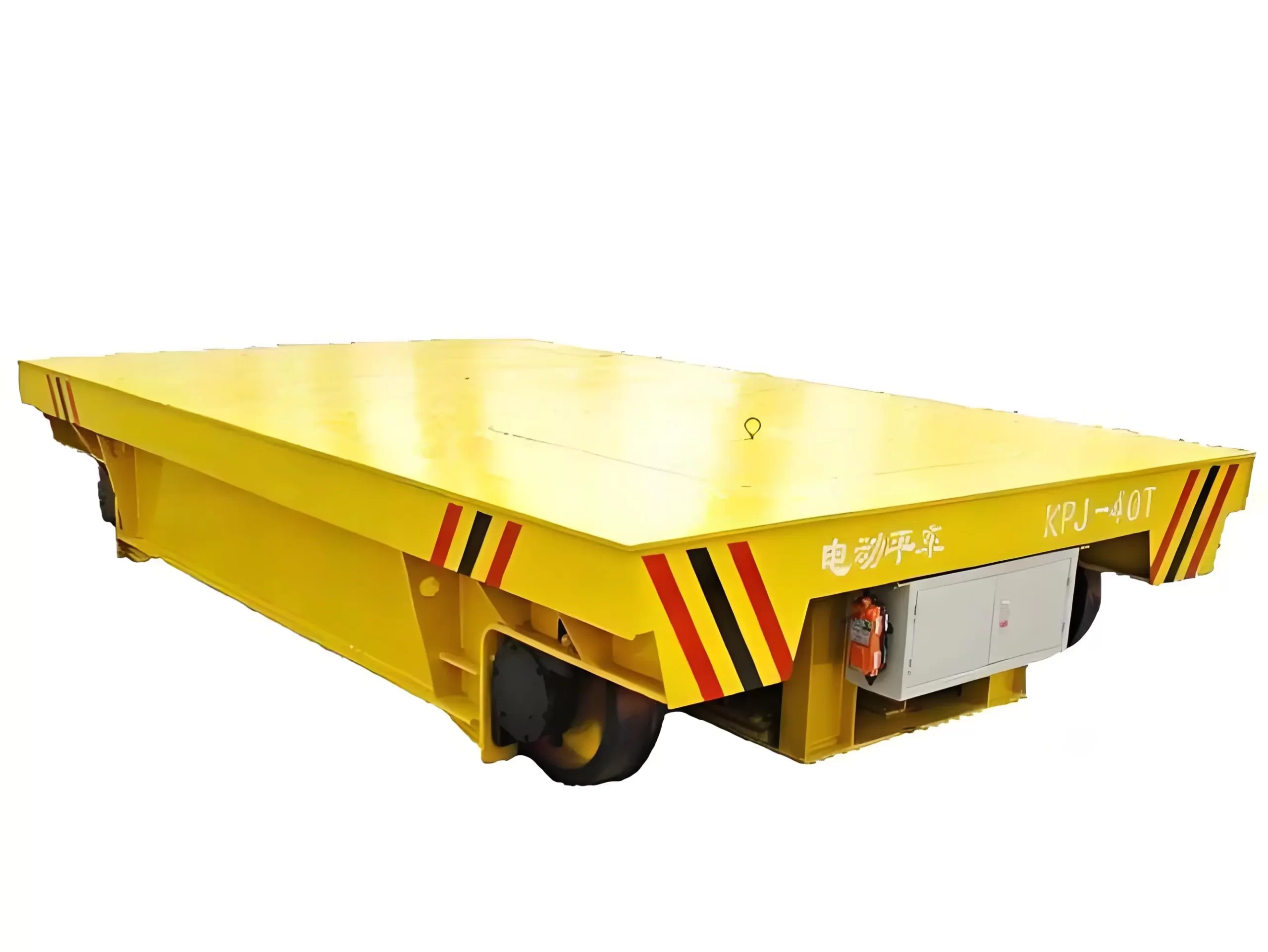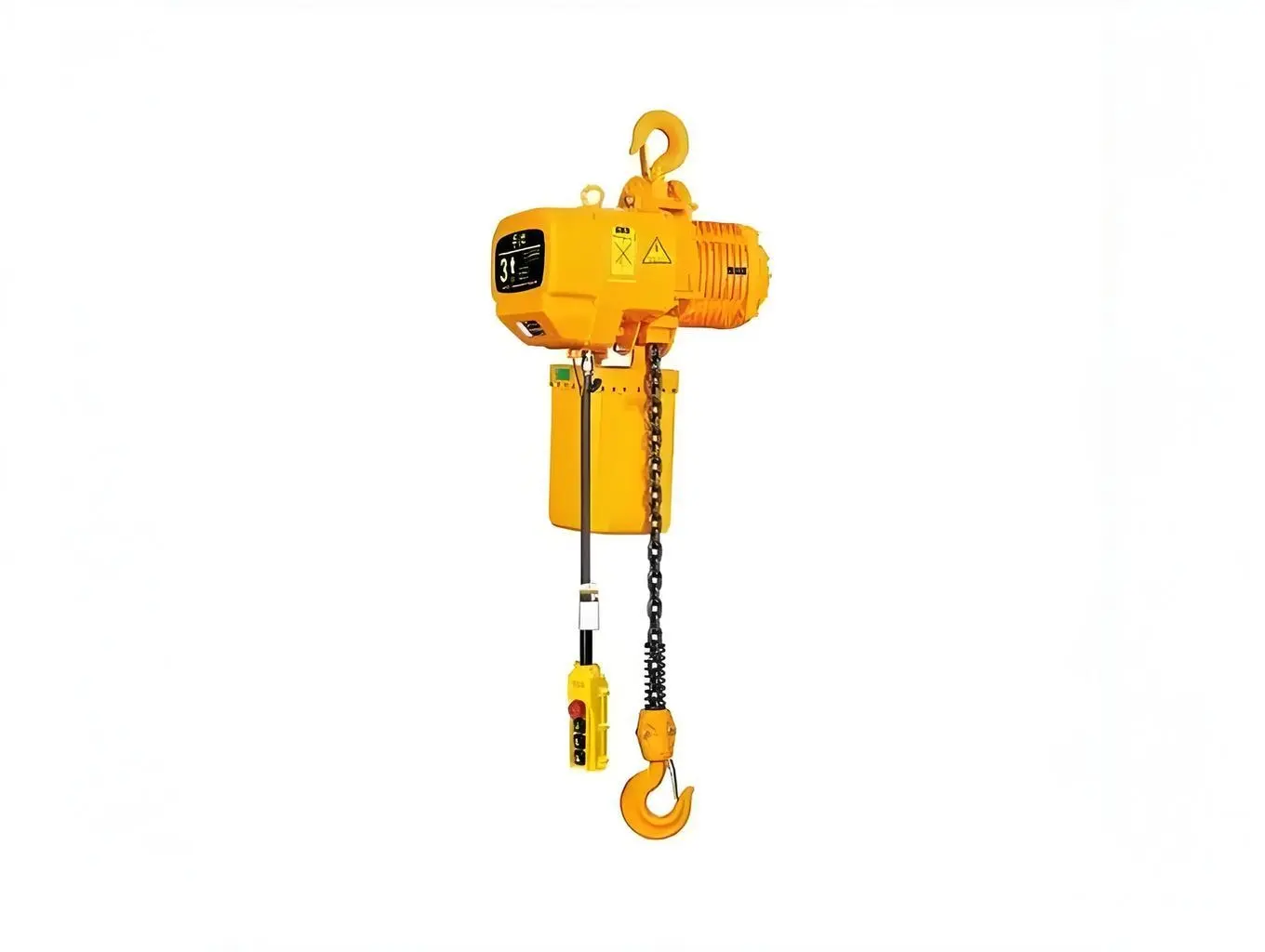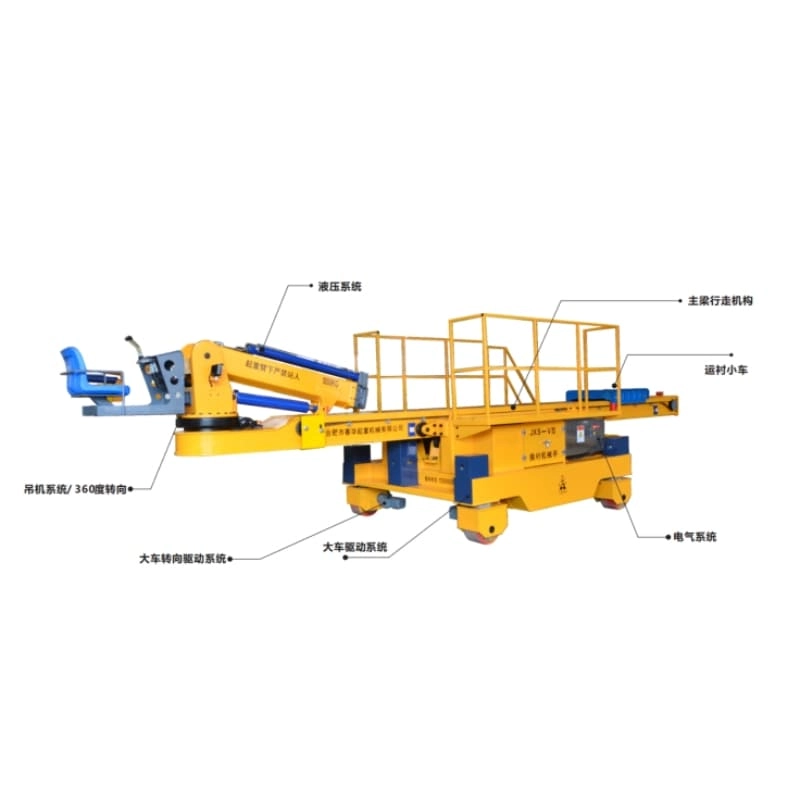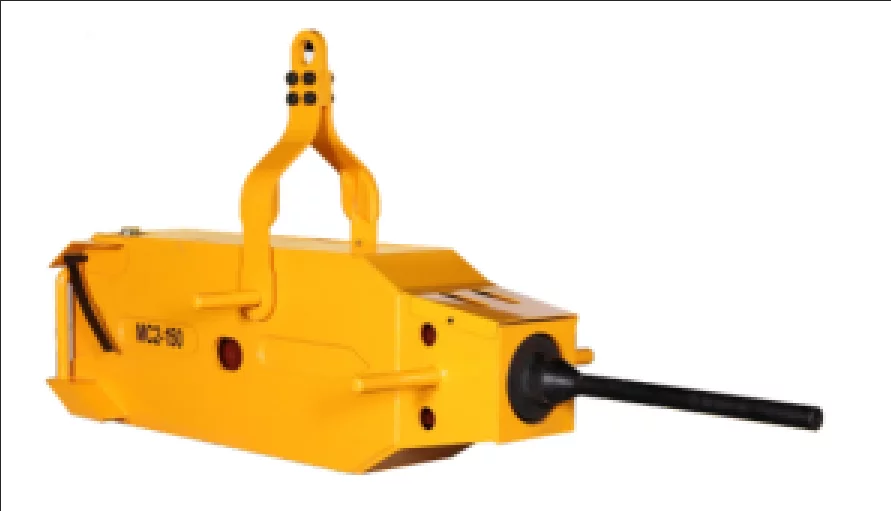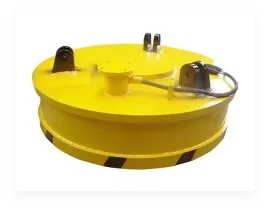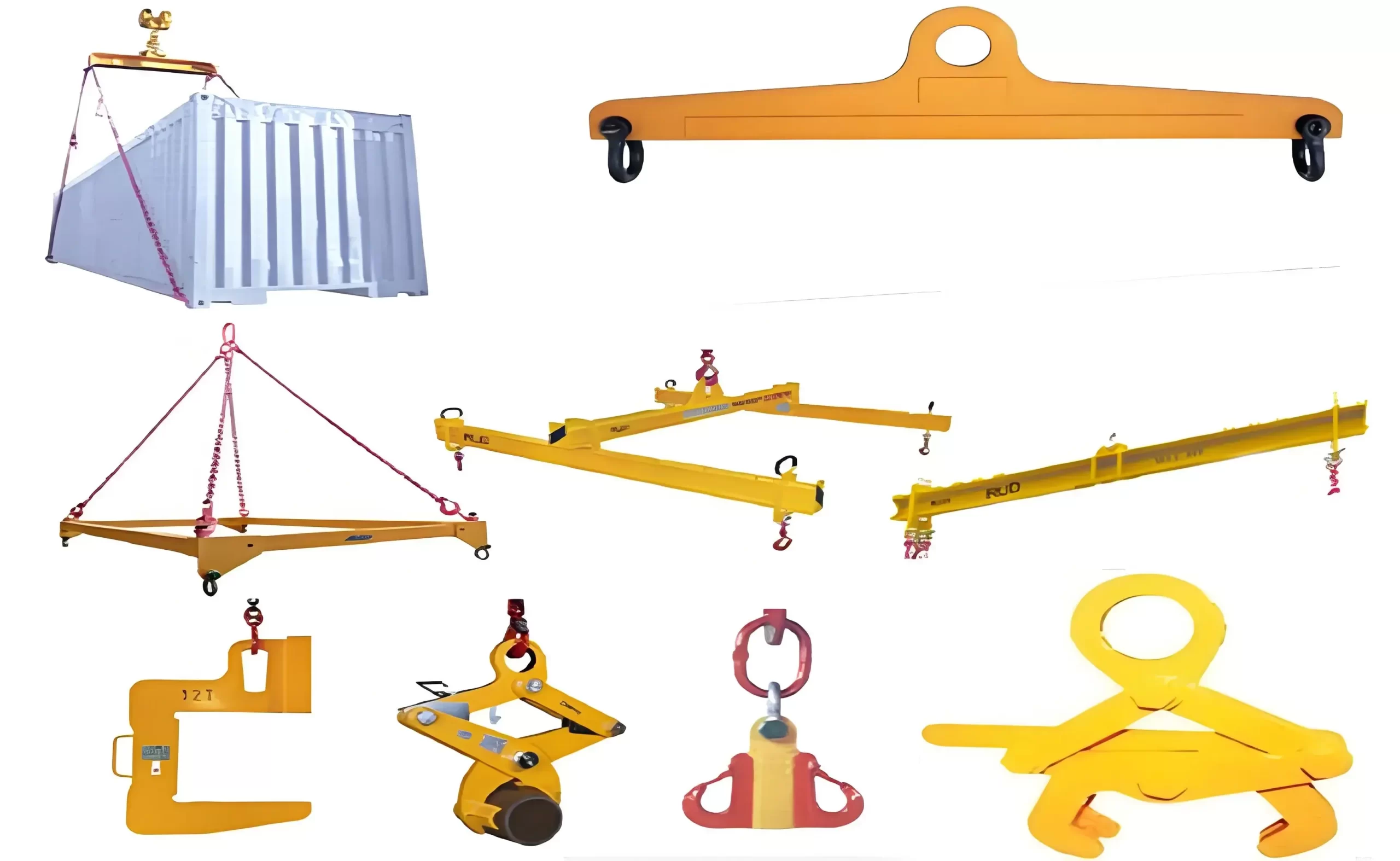High-Temperature Operation: Metallurgical overhead cranes can operate in high-temperature environments, typically handling molten metals and high-temperature materials. Key components such as hoisting mechanisms and electrical systems are made of heat-resistant materials and designed with special insulation to ensure safety and reliability.
Corrosion Resistance: The metallurgical industry often involves corrosive gases and liquids, requiring high corrosion resistance for equipment. Metallurgical overhead cranes are usually constructed from corrosion-resistant materials and treated with anti-corrosion coatings to extend their service life.
Dust Protection: Dust is a common byproduct of metallurgical processes. These cranes often have dust protection designs to safeguard electrical components and mechanical parts, ensuring proper operation in harsh environments.
High Load Capacity: Metallurgical overhead cranes typically need to handle very heavy loads, such as steel billets, coils, and ladles of molten iron. Therefore, these cranes have a high lifting capacity and strong structural integrity to meet the demands of heavy-load operations.
Precision Positioning: Precise positioning of materials is crucial in metallurgical production. Metallurgical overhead cranes are equipped with high-precision positioning systems and control mechanisms to ensure materials can be accurately placed, minimizing errors in the production process.
Automation: With the advancement of automation technology, many modern metallurgical overhead cranes come with advanced automation control systems. These systems enable remote operation, automated workflows, and intelligent monitoring, enhancing production efficiency and safety.
Safety Features: Metallurgical overhead cranes are equipped with various safety features, such as overload protection, limit switches, emergency braking systems, and fault diagnosis systems, to ensure safe and reliable operation.
Vibration and Shock Absorption: Handling heavy and high-temperature materials can generate significant vibrations and shocks. Therefore, metallurgical overhead cranes are designed with special materials and construction methods to absorb and mitigate vibrations and shocks, protecting the equipment and ensuring operator safety.

